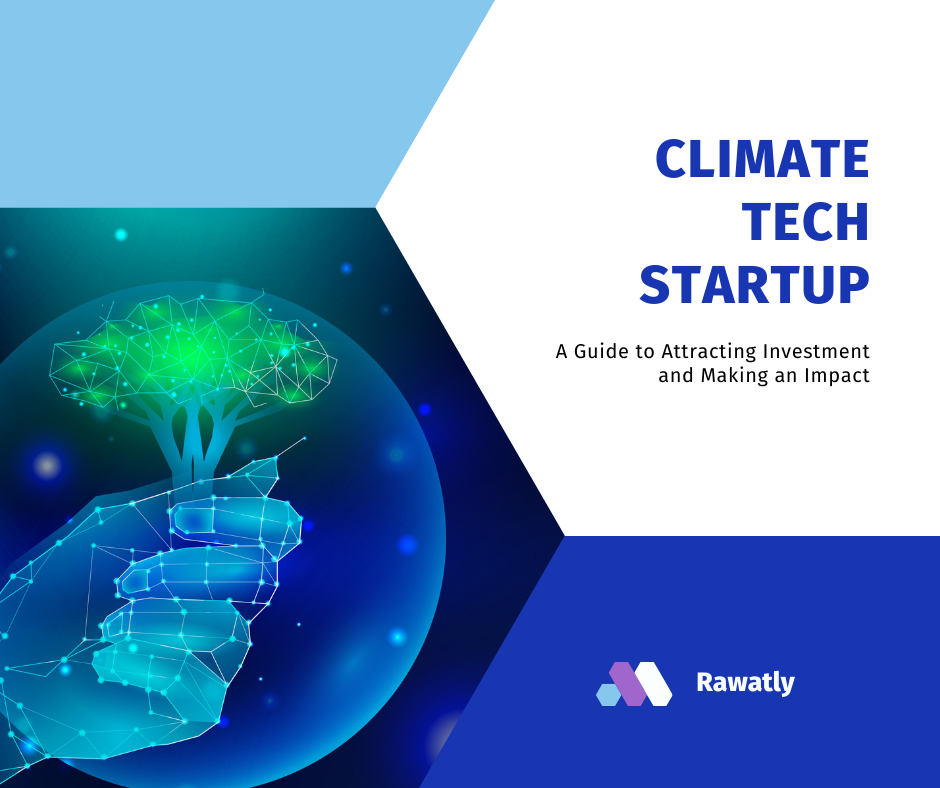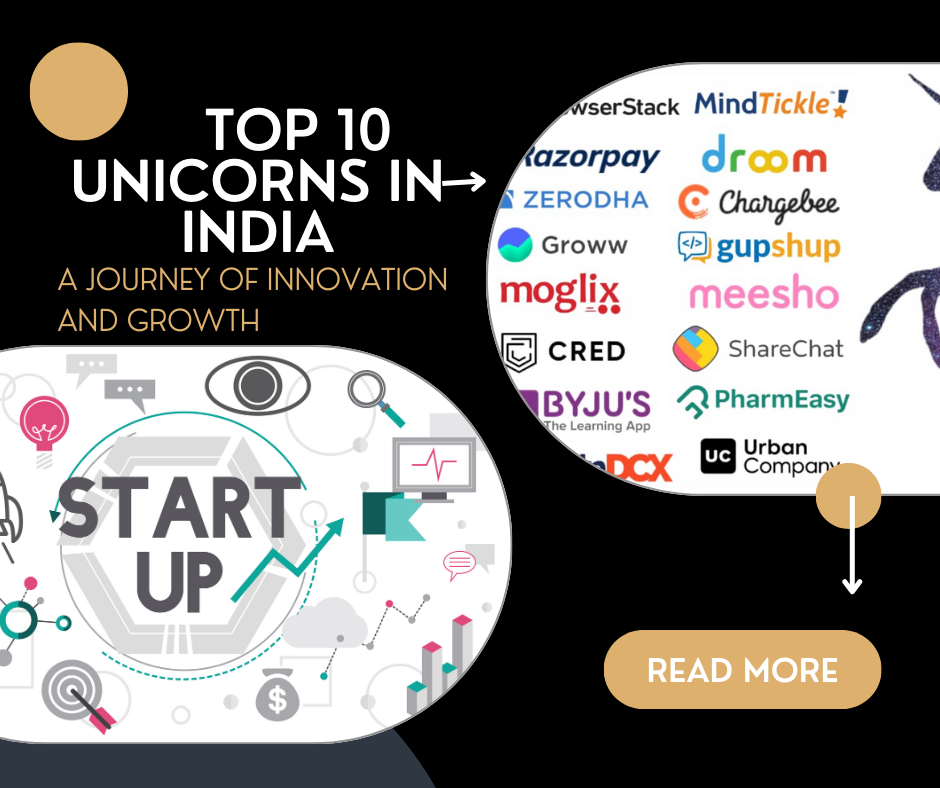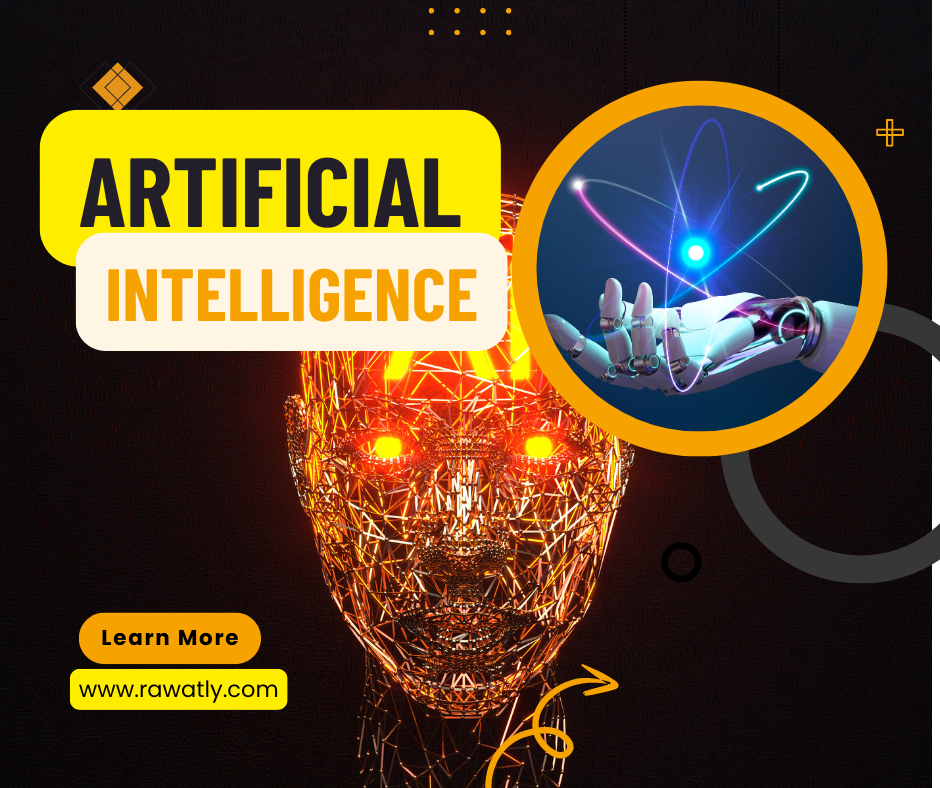
In a bold move that could reshape the landscape of online information retrieval, OpenAI has recently unveiled ChatGPT Search, a real-time web search feature integrated into its popular AI language model, ChatGPT. This innovative development aims to enhance how users interact with information online and presents a competitive challenge to established players like Google. In this blog, we will explore what ChatGPT Search entails, how it works, its potential impact on users and the search engine market, and what it means for the future of AI-powered search.
What is ChatGPT Search?
ChatGPT Search is an advanced feature that allows users to perform real-time web searches directly within the ChatGPT interface. Unlike traditional search engines that return a list of links and snippets, ChatGPT Search leverages the conversational abilities of the AI to provide more contextualized and nuanced responses to user queries. This integration offers an interactive experience where users can ask questions, receive immediate answers, and delve deeper into topics in a conversational manner.

Key Features of ChatGPT Search
- Conversational Interface: Users can engage with the AI in a natural language format, allowing for a more intuitive search experience. Instead of sifting through multiple links, users can ask follow-up questions and receive clarifications in real time.
- Contextual Understanding: ChatGPT Search utilizes the model’s advanced understanding of context to provide relevant information based on the user’s previous queries and interactions. This allows for a more personalized and relevant search experience.
- Wide-ranging Sources: The feature pulls information from a variety of online sources, ensuring that users receive comprehensive and up-to-date content. This aspect is particularly important in a rapidly changing information landscape.
- Interactive Learning: Users can explore topics more deeply by asking questions within the context of their initial queries, fostering a more engaging learning environment.
How Does ChatGPT Search Work?
ChatGPT Search combines the capabilities of the AI language model with web crawling and indexing technologies. When a user inputs a query, the AI processes the request and performs a live search across the web. It then synthesizes the information, presenting it in a conversational format that prioritizes clarity and relevance.
The underlying technology allows ChatGPT to retrieve data, analyze it, and summarize it, providing users with concise answers rather than a simple list of links. This approach stands in stark contrast to traditional search engines, which typically present results as a collection of web pages.
India Approves $119 Million Fund for Space Startups: A New Era for Indian Space Innovation
The Competitive Landscape: Challenging Google
Google has long been the dominant player in the search engine market, with its sophisticated algorithms and massive data indexing capabilities. However, the introduction of ChatGPT Search could disrupt this status quo by offering a more user-centric and conversational approach to information retrieval.
Why ChatGPT Could Compete with Google
- User Experience: The conversational interface of ChatGPT Search could attract users looking for a more engaging and personalized search experience. Many users find traditional search results overwhelming and may appreciate the clarity and focus of AI-driven responses.
- Contextual Relevance: By understanding the context of user queries, ChatGPT Search can deliver more relevant information tailored to individual needs. This ability to comprehend nuances in language and intent gives it an edge over conventional search engines.
- Integration with Other Services: OpenAI has the potential to integrate ChatGPT Search with various applications and services, creating a seamless user experience across platforms. This integration could enhance productivity and make information retrieval more efficient.
- Focus on Quality over Quantity: While Google provides a vast array of results, ChatGPT Search emphasizes quality and relevance. Users may find greater value in receiving concise, well-structured answers rather than scrolling through pages of links.
Potential Impact on Users
Benefits
- Enhanced Learning: ChatGPT Search can serve as a powerful educational tool, helping users explore topics in depth and facilitating a better understanding of complex subjects.
- Time Savings: With the ability to receive direct answers and engage in follow-up questions, users may save significant time compared to traditional search methods.
- Accessibility: The conversational format could make information more accessible to users who may struggle with navigating traditional search engines or comprehending technical jargon.
Challenges
- Accuracy and Reliability: As with any AI-driven tool, there are concerns about the accuracy of the information presented. OpenAI must ensure that the model retrieves reliable sources and presents information responsibly.
- Dependence on AI: Users may become overly reliant on AI for information retrieval, potentially diminishing critical thinking and research skills.
- Content Moderation: Managing the vast array of information available online poses challenges for ensuring that harmful or misleading content is filtered out.
The Future of AI-Powered Search
The launch of ChatGPT Search signals a pivotal moment in the evolution of online information retrieval. As AI technology continues to advance, we can expect further enhancements in the way users interact with data.
Innovations on the Horizon
- Personalization: Future iterations of ChatGPT Search may incorporate advanced personalization features, allowing the AI to learn from user interactions and preferences over time.
- Multimodal Capabilities: The integration of text, voice, and visual inputs could create a more dynamic search experience, catering to diverse user needs.
- Collaborative Knowledge: OpenAI may explore ways to incorporate user-generated content and feedback to enhance the quality and relevance of responses, creating a more collaborative knowledge-sharing environment.
The Rise of AI Startups in Asia: Innovators Shaping the Future
Conclusion
OpenAI’s launch of ChatGPT Search marks an exciting development in digital information retrieval. By offering a conversational and context-aware alternative to traditional search engines, ChatGPT has the potential to reshape how users access and engage with information online.
While challenges remain in ensuring accuracy and managing content, the benefits of personalized and efficient search experiences could attract a growing user base. As the competition heats up between AI-driven search platforms and established giants like Google, the future of online information retrieval looks promising, with innovation at the forefront.
As we witness this evolution, users stand to gain a powerful tool that not only enhances their access to information but also transforms the way they learn and engage with the digital world.





























